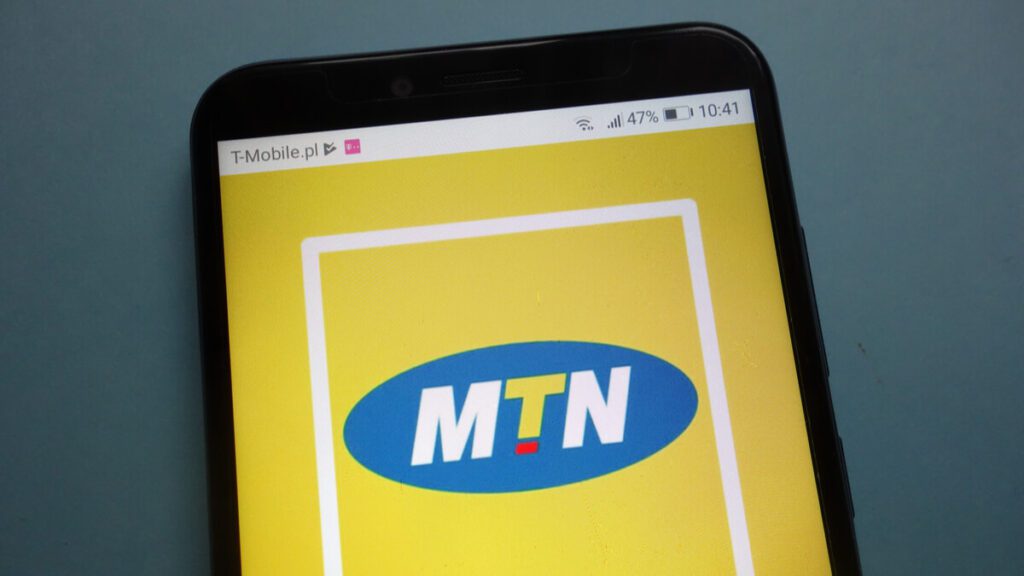
On August 6, 2020, the South African Telecom giant, MTN Group, announced its plans to exit the Middle East “in an orderly manner”, starting with Syria, Yemen, Afghanistan, and Iran. According to Reuters, the company’s first step is to sell its 75% stake in MTN Syria to TeleInvest. Moreover, the company is expected to leave the Iranian market in the next three to five years, states Anadolou Agency. MTN has 49% shares of the second-largest mobile operator, MTN Irancell, and has investments in the ride-hailing app Snapp and e-commerce marketplace start-up Bamilo.
This move came out due to the sanctions imposed by the US on Iran and the complexity of taking money outside of the country. On the other hand, MTN’s decision is a result of significant losses due to failing regional currencies and the Middle East’s volatile geopolitics, states Africa News.
Rob Shuter, current Group President and CEO at MTN Group, said that the Middle East “environment is becoming increasingly complex and it contributes less to the group’s earnings,” according to Bloomberg.
“We used to say that the conflict markets were not consuming any of our capital and could still be good contributors if the situation turned around,” Shuter said. It seems that the Middle East region is contributing to only 4% of the Group’s overall earnings. “It is a very small contribution in a very complex environment”, avowed MTN’s current Chief Executive Officer.
MTN plans to focus on its home continent that regroups 17 markets. Shuter said, “We felt we were best served in the medium term to rather focus our energies in our core African markets that are closer to home, according to Reuters. On June 26, 2020, the Ethiopian Telecommunications authority announced that it received expressions of interest from nine international telecom companies including MTN for a partial stake in the country’s giant telecommunications monopoly. Ralf Mupita, MTN’s Group CFO said, “We followed up and during the course of this year we’ve had discussions really around thinking about where are we best placed to utilize our resources – capital and human”, according to CapeTalk.